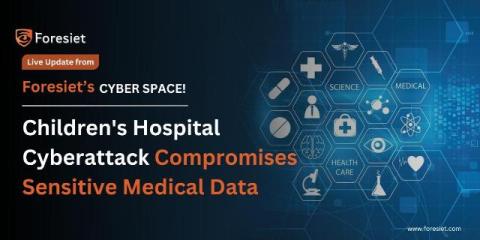CVE-2024-6387 - RCE Vulnerability in OpenSSH
A high-severity remote code execution (RCE) vulnerability, CVE-2024-6387, has been discovered in OpenSSH’s server by the Qualys research team. This vulnerability is particularly concerning as it revives an issue that was previously addressed in 2006, highlighting the persistence of hidden bugs in widely used secure software. This discovery follows another significant vulnerability in the XZ Utils library found just a few months ago, underscoring ongoing security challenges.











